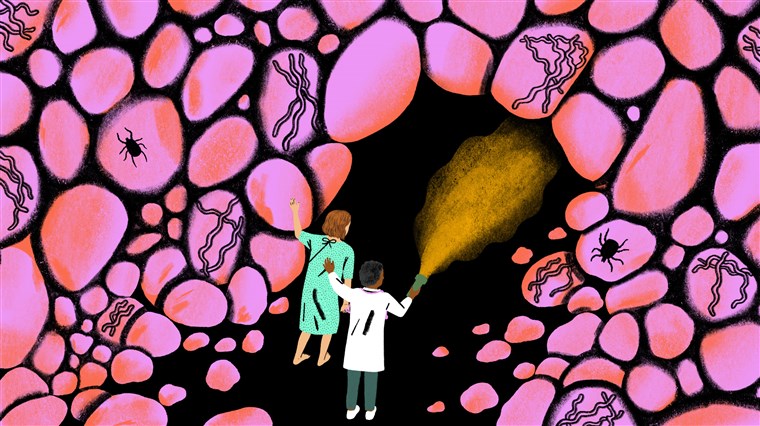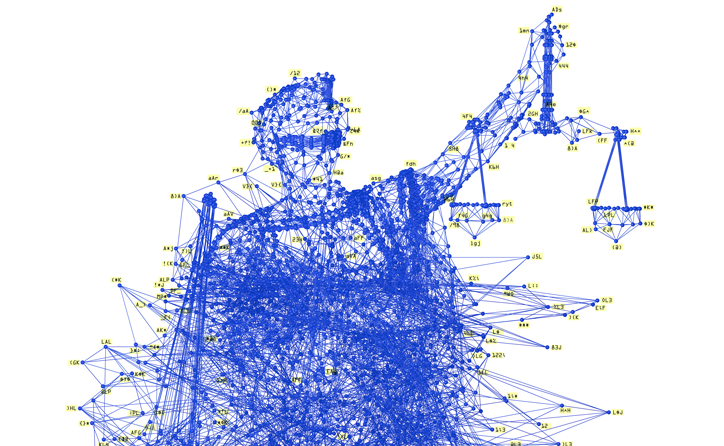Teaching
Undergraduate Courses:
- Ethics & Values in STEM
- Science & Gender
- Philosophy of Bioethics
- Ethics in Computing and Information Technologies
Graduate Courses:
Ethics and Values in STEM (PHIL 1146)

Artist: Sara Gironi
This general-education Philosophy course introduces students to the basics of research ethics, professional responsibility in engineering, the relationship between bias & objectivity, value judgments throughout the scientific process, science & the military, and environmental injustice/colonialism.
Science & Gender (GNDR/PHIL 2040)
 Famous women in science (left to right): astronaut Mae C. Jamison, physicist-chemist
Marie Curie, computer scientist Margaret Hamilton, and primatologist Jane Goodall
(more here; artist: Natasha Dzhola).
Famous women in science (left to right): astronaut Mae C. Jamison, physicist-chemist
Marie Curie, computer scientist Margaret Hamilton, and primatologist Jane Goodall
(more here; artist: Natasha Dzhola).
This general-education Philosophy/Women’s and Gender Studies course explores the nature/nurture debates about “sex differences,” women in science, bias & values in research, and gender & sexuality in medicine, such as breast cancer, HIV/AIDS, reproductive justice, and gender dysphoria/euphoria.
Philosophy of Bioethics (PHIL 3042)

Artist: Paige Vickers
This required course for the BS in Biomedical Science delves into research ethics involving human/nonhuman subjects and conflicts of interest, clinical ethics across Eastern & Western traditions, and health policies like CRISPR regulations, racial health disparities, & “gay conversion therapy.” [Fall semeseters]
Ethics in Computing and Information Technologies (CSE/IT/PHIL 3082)

Artist: Pablo Delcan
This required course for the BS in Computer Science/IT examines professional responsibilities of programmers, tech firms, and governments for user privacy and national security, including ethical challenges related to technologies like self-driving cars, AI chatbots, and workforce software. [Spring semesters]
Ethical and Social Issues in Public Engagement (PCOM 5005/PHIL 4042)

Artist: Sara Gironi Carnevale
This required course for the MS in Public Engagement examines how values and politics influence STEM, the “knowledge deficit” model for science communication, universal design vs. design justice, and strategies for building trust & community-led participatory science. [Spring Semesters, every other year]
Cybersecurity Ethics & Law (CYBS 5002/PHIL 4082)

The required course for the MS and PhD in Transdisciplinary Cybersecurity explores the standards professional behavior in cybersecurity regarding “ethical hacking” and bug bounties, as well as case studies involving malware/ransomware, surveillance capitalism, IP, and digital piracy. [Fall semesters]